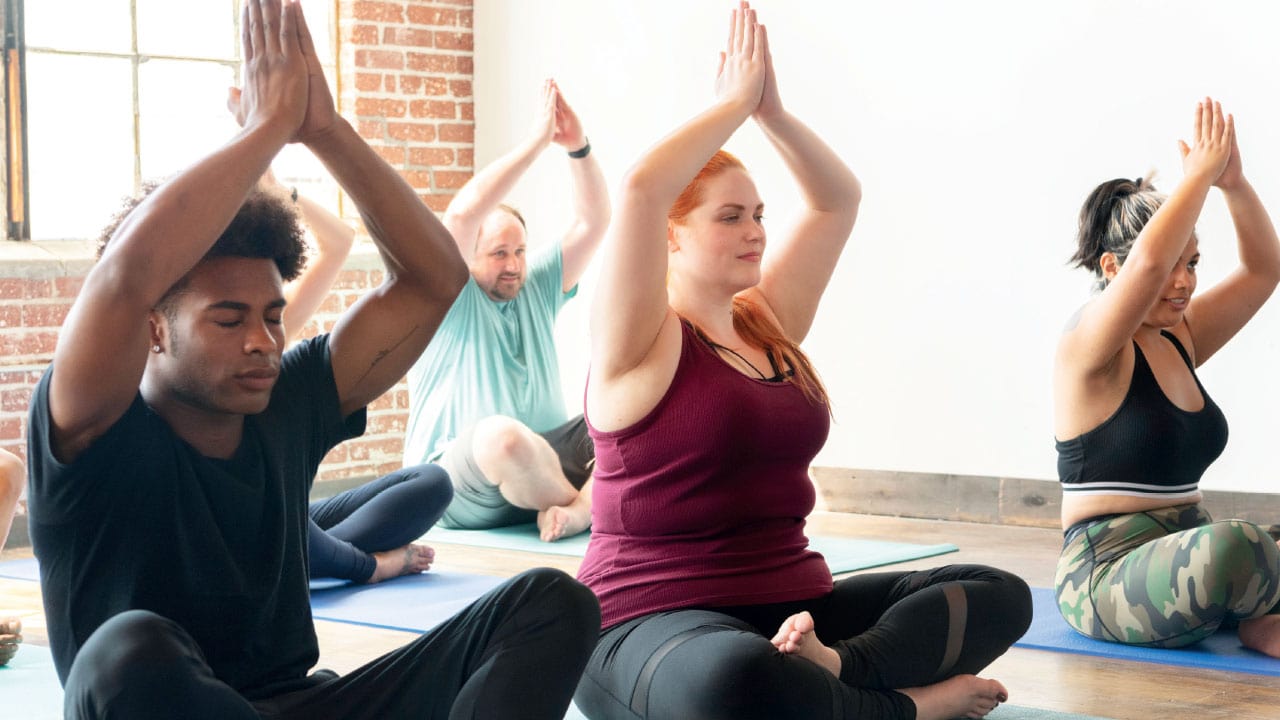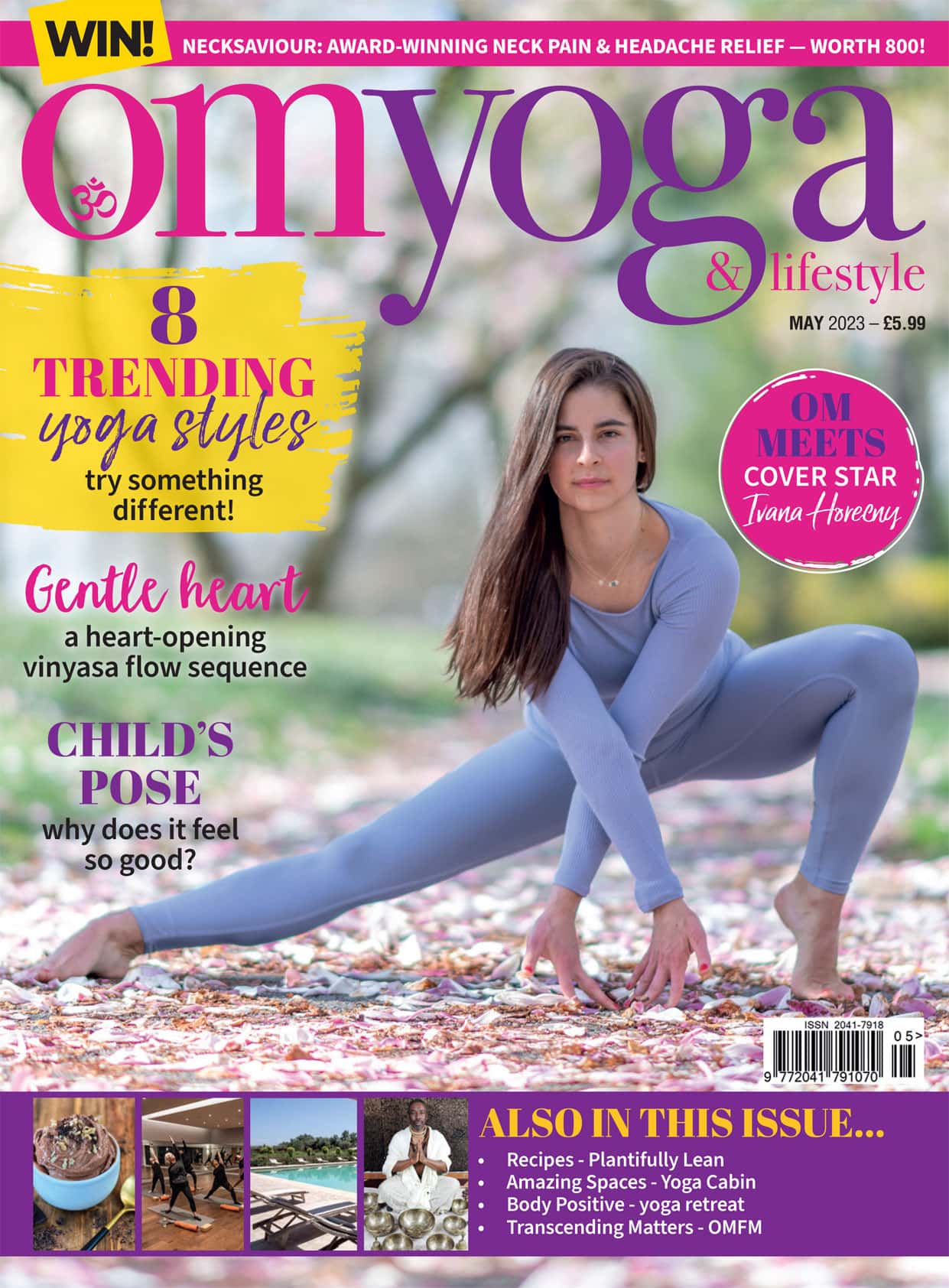
Teaching what you practice
Yoga teaching from a place of authenticity is where it's at. By Paula Hines
A yoga practitioner who has practiced with me for a decade, recently told me about their experience of a drop-in class they'd attended which advertised itself as 'restorative yoga'. Though they liked the class they were disappointed that it turned out to be a slow vinyasa flow class.
Now, this could form part of a wider discussion about the rights and wrongs of categorising yoga into particular styles and how we all teach differently, etc. However, this was advertised and described as a restorative yoga class involving supported poses with props, yet it wasn't that at all in spite of props being available at the venue. Also, it was taught by the regular teacher (rather than a cover teacher) who, in a conversation afterwards, explained that the class they'd just offered was fairly typical of what the class was like each week and that they were "not really into props".
This story left me thinking a few things. The mention from the teacher of not being into using props implied to me that their own practice did not include props, or restorative yoga as we generally know it (i.e. incorporating the use of props to support the body in poses to facilitate deep rest).
If that were the case would they be the right teacher for a class advertised as ‘restorative yoga’? Why not name and describe the class as it actually is to give those attending a clearer sense of what to expect?
We all have different views, but my approach is to only teach or share what I practice. I don’t think it’s fair on the people in my classes or workshops otherwise. I also think it’s unfair to not teach as advertised. I particularly feel it’s important because the best teachings come from a place of embodiment. It might be tempting to leap on what appears to be popular at the moment if we think that’s what people want right now, but if it’s not familiar in your own body and mind, who is it ultimately benefitting?
I think others can tell when we aren’t authentic. With this in mind, while I only share what I practice, I don’t share everything I practice. I like to allow time for practices to integrate before I go on to share them.
If you teach, do you share what you practice, or what you do not, and why?
Paula Hines is a London-based yoga teacher and writer. Her book Rest + Calm (Green Tree, Bloomsbury Publishing) is out now in paperback, audiobook and Kindle/eBook. Find out more at: ucanyoga.co.uk




